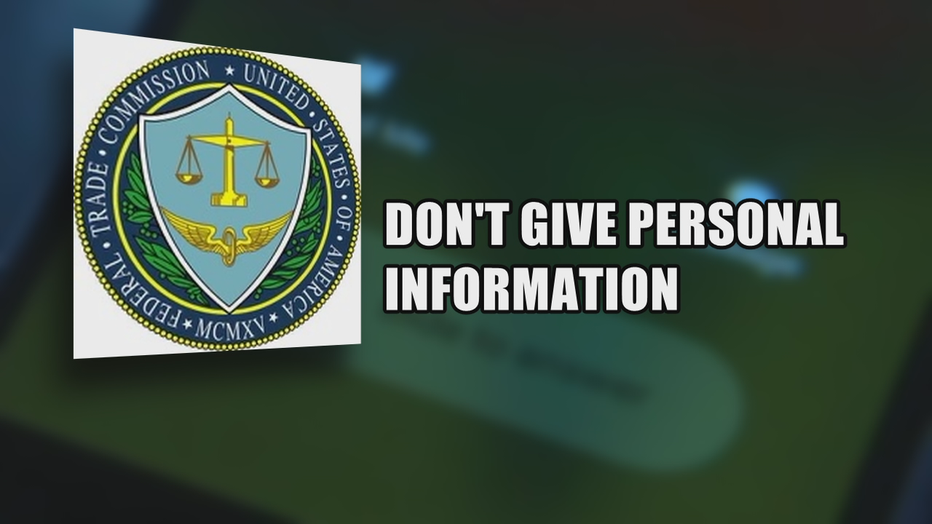FTC warns of cyber scams as online ordering booms during holidays
DALLAS - Cyber week may be coming to a close for bargain hunters, but cyber scams are just getting started.
After a record breaking $60 billion in cyber week sales, some of you might not even remember what you ordered. And confused consumers are the perfect opportunity for seasonal scammers.
The calls are coming at a rapid clip from companies that certainly sound familiar, but it's not Apple or Amazon at all.
“We’re seeing an uptick in complaints, will be called business imposter complaints,” said Monica Vaca, Associate Director FTC.
Instructions like asking people to stay on the line or “press one” are actually a portal for scammers to access your personal information.
“What they’re trying to do is throw you off guard,” Vaca said.
The Federal Trade Commission posted some of the recordings on their website as a warning.
In one version of the scam the caller says they're from Amazon and tell you about a problem with your account, like a missed delivery or an order they can't fulfill. Another recording says it's Apple and warning of a problem with an iCloud account.
In both scenarios you're prompted to press one to speak with someone, but that person is just fishing for personal information like account passwords or your credit card number.

The FTC warns: don't press one, don't call back any number you're given, don't give out your personal information and hang up.
“They will not help you solve your problem,” Vaca said. “When you get one of these calls, what you should do is stop and go on your account yourself.”
If you do have a legitimate concern about your account, you should initiate contact by turning to a website or customer service number you know is real.
The same rules apply to email correspondence. Be on the lookout for messages disguised as legit. How do you know they're not? Spelling errors and return email addresses that are not valid.

